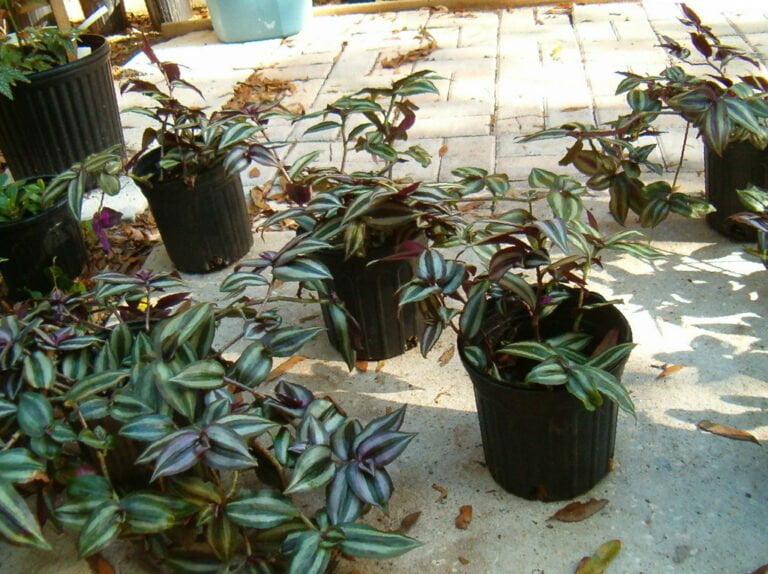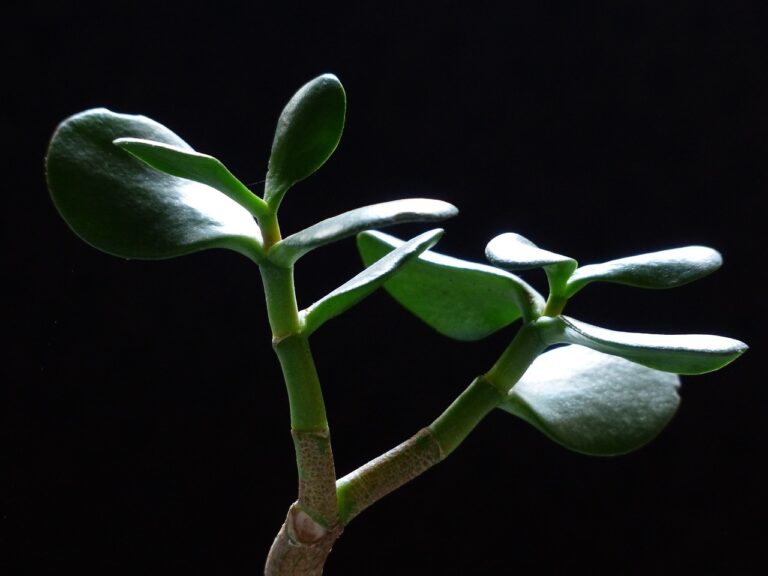Growing and Utilizing Medicinal Herbs: Their Uses and Benefits
Growing and utilizing medicinal herbs has transformed my health routine. Herbs like peppermint soothe upset stomachs and headaches. Calendula heals wounds and rashes effectively. Bee balm is great for coughs and infections. Lemon balm aids in stress relief and improving sleep. Tulsi boosts energy and fights bacteria. By integrating these herbs, I’ve found natural solutions for various ailments. Herbs not only offer medicinal properties but also promote self-sufficiency and a deeper connection to nature. Incorporate these herbs into your daily life for a holistic approach to well-being.
Top Medicinal Herbs for Health
When considering medicinal herbs for health, it is crucial to understand the varied benefits that each herb offers in promoting overall well-being and addressing specific health concerns. Among the top medicinal herbs, Peppermint stands out for its versatility. It is commonly used to alleviate upset stomachs, congestion, headaches, and morning sickness. Calendula, known for its soothing properties, is highly effective in treating various skin issues such as wounds, rashes, and fungal infections. Bee Balm, with its rich antimicrobial properties, is a go-to herb for treating coughs, skin problems, stomach cramps, and infections, making it particularly beneficial for children. Lemon Balm, a member of the mint family, aids in stress relief, promotes sleep, reduces fever, and helps in the treatment of colds and flu. Finally, Tulsi, also known as Holy Basil, is an adaptogen herb that not only boosts energy levels but also regulates stress responses and possesses antibacterial properties. Each of these herbs offers unique uses and benefits, making them valuable additions to any health-conscious individual’s herbal arsenal.
Benefits of Growing Medicinal Herbs
Growing medicinal herbs offers a multitude of benefits that boost health, sustainability, and self-sufficiency in a practical and cost-effective manner. Medicinal plants have been used for centuries in traditional herbal medicine to address a wide range of health issues. By cultivating these herbal remedies at home, you have easy access to fresh and potent ingredients for teas, tinctures, and salves, promoting a natural and organic alternative to over-the-counter medications. This not only benefits your health but also encourages self-sufficiency by reducing reliance on external sources for wellness.
Furthermore, growing medicinal herbs can have therapeutic benefits beyond their physical uses. The process of nurturing these plants enriches your connection to nature, providing a sense of calm and well-being. Additionally, incorporating medicinal herbs into your garden can attract beneficial pollinators and wildlife, creating a balanced and thriving ecosystem. This not only supports biodiversity but also contributes to the overall health of your garden.
Herbal Remedies for Common Ailments
Utilizing a variety of medicinal herbs can provide effective natural remedies for a range of common ailments, offering holistic solutions to everyday health concerns. Peppermint is a versatile herb known for treating upset stomachs, motion sickness, congestion, headaches, and morning sickness. Calendula, with its soothing properties, is effective for skin issues, wounds, rashes, and as an anti-fungal agent. Bee Balm, rich in anti-microbial properties, can be used to address coughs, skin problems, stomach cramps, and infections. Lemon Balm is excellent for stress relief, promoting sleep, reducing fevers, and treating colds and flu.
Tulsi, also known as Holy Basil, is an adaptogen herb that helps boost energy levels, regulate the stress response, and possesses antibacterial properties. These herbs can be beneficial for various common ailments, offering natural and gentle alternatives to traditional medications. Whether it’s a stomach ache, a skin irritation, a respiratory issue, or a need for stress relief, incorporating herbs like Peppermint, Calendula, Bee Balm, Lemon Balm, and Tulsi into your wellness routine can provide relief and support your overall health. Experimenting with these herbs and discovering how they work for you can lead to a more holistic approach to managing common health concerns.
Utilizing Medicinal Herbs in Daily Life
Investigating the various applications of medicinal herbs in daily life provides a natural and effective approach to improving overall well-being and addressing common health concerns. Herbal remedies play a significant role in supporting the immune system, treating respiratory issues, and providing relief from cold and flu symptoms. Herbs like echinacea, elecampane, and sage are renowned for their immune-boosting properties, while oregano, garlic, and horseradish with their antimicrobial properties are beneficial for fighting off infections and aiding in respiratory health. When it comes to stress-relief and relaxation, lemon balm and tulsi stand out, helping to reduce stress, promote relaxation, and enhance holistic health.
For skin issues, upset stomachs, and promoting relaxation, herbs like peppermint, calendula, bee balm, hollyhock, yarrow, and chamomile offer natural treatments. These herbs can be utilized in teas, tinctures, salves, or added to meals to enjoy their benefits. Whether it’s addressing skin problems, soothing respiratory discomfort, or simply promoting relaxation, incorporating these herbs into daily life can improve overall well-being in a natural and sustainable way. By integrating these herbs into daily routines, one can tap into their varied properties to support health and wellness effectively.
Maximizing Health Benefits of Herbs
To fully maximize the health benefits of herbs, incorporating a variety of immune-boosting and anti-inflammatory options like echinacea, ginger, and turmeric into daily routines can greatly improve overall well-being. These herbs are rich in antioxidants, which can help combat oxidative stress and boost the immune system. Adding them to dishes not only boosts flavors but also provides numerous health benefits.
Additionally, herbal remedies such as valerian and chamomile are known for their relaxation properties, aiding in stress relief and promoting better sleep. Growing your own herbs at home in well-draining soil and ensuring regular harvesting can guarantee that you have a fresh and potent supply of herbs at your disposal, maximizing their health benefits.
Before incorporating new herbs or supplements into your routine, consulting a healthcare provider is crucial. They can provide guidance on the safety and efficacy of different herbal remedies, ensuring that you maximize the benefits while minimizing any potential risks.






